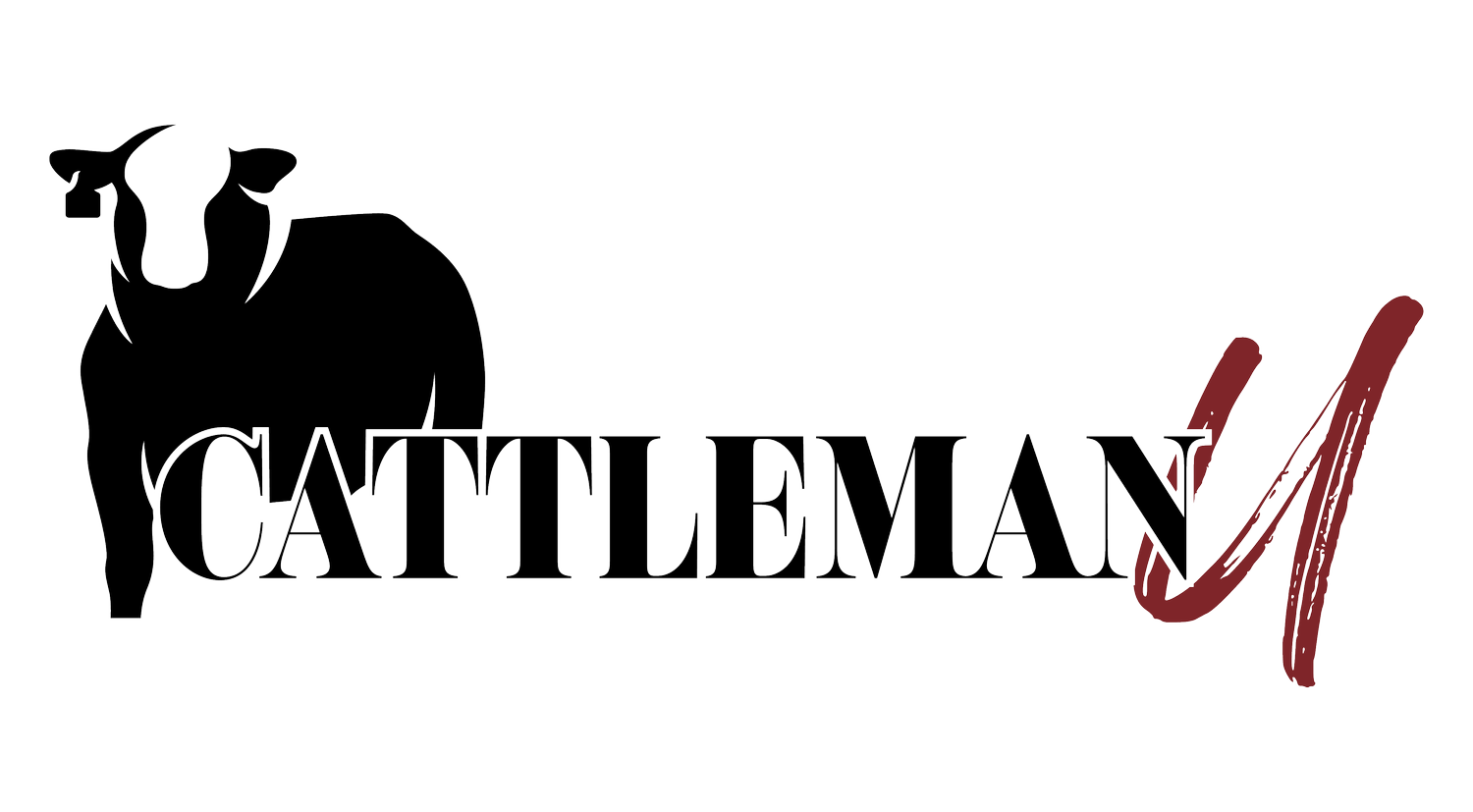Forage Management Sessions
Brining the knowledge that you can only learn on the ranch to the comfort of your home. Get access to all 6 sessions of forage management.
Dr. Gary Bates - University of Tennessee- Forage Management, Decisions, and Planning
Vern & Ford Smith - Regenerative Land Solutions- Diving into Regenerative Basics & Solutions
Kara Kroeger - Grassroots Carbon- Using Brix Refractometer in the Pasture
Dr. R.P. Cooke - Expert- How To Manage ForageLisa Baxter - University of Georgia- Managing Forage Input Costs in a Challenging Year
Western Sustainability Exchange- Carbon Credits and Sustainable OptionsYou get access to all videos plus the option to download them in podcast form.
Learn more about your experts:
Dr. Bates received his Ph.D in 1993 from the University of Georgia. He received his M.S.in 1990 and his Bachelor’s of Science in 1987 from Louisiana State University. He joined the faculty of The University of Tennessee in 1993 as an Extension Forage Specialist.
Dr. Bates’s educational program emphasizes the practices needed for profitable forage production. Forage species selection, establishment, fertilization, harvest and storage are the major areas of his program. Current education programs include grazing schools, bermuda grass hay schools, and several multi-county field days. Most recently, Dr. Bate’s interests have expanded into organic forage.
Vern Smith has been managing land holistically since the 80’s and ranching in Paradise Valley, MT for 32 years. After a Ranching for Profit seminar in 2004 he took a critical look at his chemical-based fertility program and began the deep dive into his soil health.
Kara Kroeger-”I am committed to helping people understand and embody the health of animals, humans, and land as one. I have participated in every step of the farm to table process as a nutritional consultant, chef, agriculturalist, and now as a Regenerative Rancher Consultancy Manager at Grassroots Carbon. Agriculture is an art whose foundation is science. It is one of the most complex and difficult professions to master and pursue with social, economic, and environmental success. It is my passion to help farmers and ranchers adopt regenerative ways of food production to nourish health, improve ecosystem function, and increase profitability while strengthening land and community resilience.
”R. P. “Doc” Cooke, DVM, is a mostly retired veterinarian from Sparta, Tennessee. Doc has been in the cattle business since the late 1970s and figures he’s driven 800,000 miles, mostly at night, while practicing food animal medicine and surgery in five counties in the Upper Cumberland area of middle Tennessee. He says all those miles schooled him well in “man-made mistakes” and that his age and experiences have allowed him to be mentored by the area’s most fruitful and unfruitful “old timers.” Doc believes these relationships provided him unfair advantages in thought and the opportunity to steal others’ ideas and tweak them to fit his operations. Today most of his veterinary work is telephone consultation with graziers in five or six states. He also writes and hosts ranching schools. He is a big believer in having fun while ranching but is serious about business and other producers’ questions. Doc’s operation, 499 Cattle Company, now has an annual stocking rate of about 500 pounds beef per acre of pasture and he grazes 12 months each year with no hay or farm equipment and less than two pounds of daily supplement.
Lisa Baxter is an Assistant Professor and State Forage Extension Specialist at the University of Georgia. Dr. Baxter is based on the UGA Tifton campus where her research and extension programs focus on introducing novel pest management strategies to improve foundational forage management in her state. Dr. Baxter is best known for her research on the Bermuda grass stem maggot and her LEGO sidekick, LEGO Forage Specialist.The mission of the Western Sustainability Exchange is preserving the best of the West—wide open spaces, fish and wildlife habitat, and farming and ranching heritage—by providing sustainable solutions that promote environmental stewardship and rural economic prosperity. We accomplish this by advocating, teaching, and incentivizing regenerative ranching practices.
WSE has been supporting stewardship of western ranchlands since 1994. By working alongside ranchers, businesses, and organizations, WSE helps to balance the health of soil, water, climate, and wildlife habitat while increasing ranch profitability. Through this work, WSE strengthens the connections between the stewardship of landowners, the quality of our natural resources, and the availability of healthy local food.

